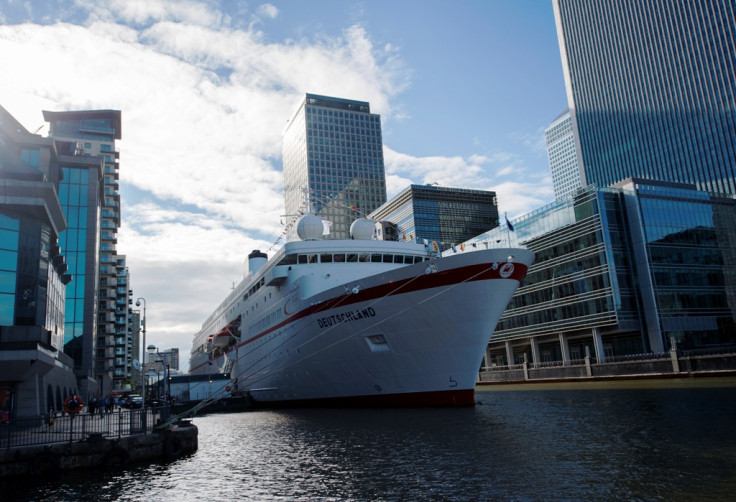Dark pool and HFT: It is possible to use ships for high-frequency trading

A physicist has said that it is possible that ships could be used to aid high-speed trading overseas.
But such moves, market watchers said, may not be practical.
Mark Buchanan, a physicist and science writer based in the UK, wrote in Nature that if and when airborne laser networks begin to span to oceans, it may "become profitable" to station a ship or a trading platform at the midpoint between pairs of exchanges the worldover.
The reason for this, Buchanan wrote, was that the location where traders get the earliest possible information is at the halfway point between exchanges.
A network of lasers already connects the London and Frankfurt, and the New York and New Jersey financial exchanges.
But "in future, when airborne laser networks span the oceans, things may get even stranger. The location at which traders get the earliest possible information from two exchanges lies at their mid-point — between Chicago and London, this is in the middle of the Atlantic Ocean.
"At such a site, traders could exploit a technique called 'relativistic arbitrage' to profit from momentary imbalances in prices in Chicago and London," Buchanan added.
Traders, however, were unconvinced.
Bill Harts, CEO of Modern Markets Initiative, a group that supports high-frequency trading, dismissing the idea, told MarketWatch: "Even if a trader could receive data from a market faster at such a location, in order to profit from it she would have to transmit orders to a market from the same location and would always be slower than traders stationed at the actual markets."
Joe Saluzzi, partner and co-founder of Themis Trading, told the website: "The problem is the minute one guy does this, the rest of them have to do it. Otherwise they are going to lose the trade. It's going to increase the cost."
Opaque, high-frequency trading in dark pools allows traders and brokers to privately buy and sell shares in large blocks without prices or identities being disclosed until after deals are done.
Dark pools and high-frequency trading came to public attention with the publication of Flash Boys, an explosive non-fiction book by Michael Lewis in which he claims the markets are being rigged by those with the best technology.
© Copyright IBTimes 2025. All rights reserved.


















